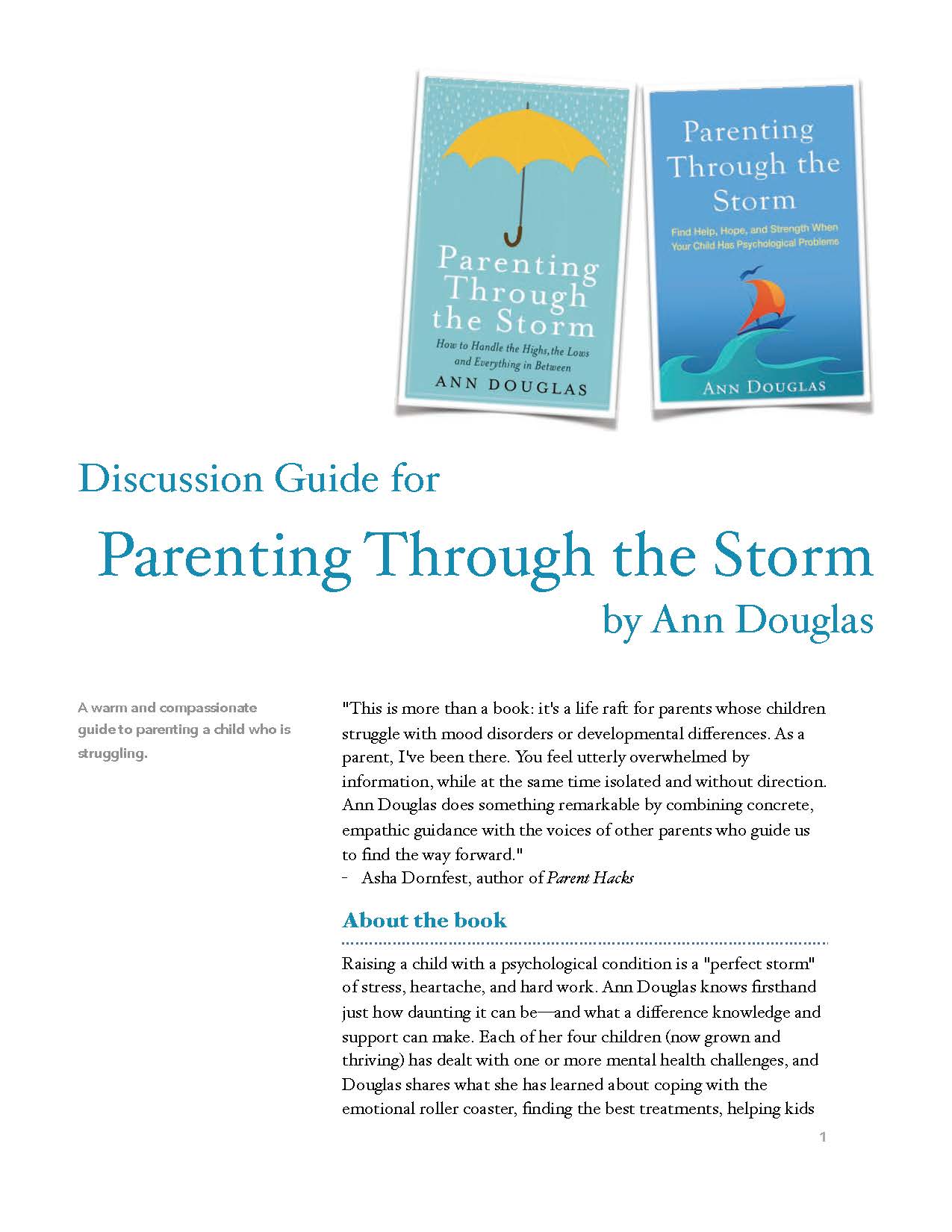A recent study published in the journal Frontiers of Psychology reported that as many as one in eight parents may be struggling with burnout. They feel exhausted. They feel like they’re doing a bad job as parents. And they feel increasingly disconnected from their kids. It’s a worrisome place to find yourself when you’re a parent, but it’s possible to turn the situation around. Here's what you need to know.
There's a difference between feeling frazzled and experiencing full-fledged parent burnout.
When we talk about parent burnout, we're not talking about garden-variety tiredness or feeling a little frustrated or overwhelmed from time to time. That’s kind of par for the course, when you’re a parent.
What we’re talking about here is something much more pronounced and prolonged.
You don't just have the occasional bad day, when you're struggling with parent burnout. Every day feels like a bad day.
You always feel exhausted.
You always feel like you’re doing a bad job: that nothing you do or try is making a difference for your child.
You increasingly feel like you're parenting on auto-pilot as opposed to making conscious and deliberate decisions about your parenting.
And as you become more discouraged and more cynical, you start to feel emotionally disconnected from your child.
The more passionate you are about parenting, the greater your risk of experiencing parent burnout.
Parent burnout isn't something that happens to "bad parents." It's something that happens to really committed parents. It’s those parents who are most passionate about parenting and who hold themselves up to the very highest standards who are most vulnerable to experiencing parent burnout.
This makes a lot of sense, if you think about it. If parenting is the most important thing in the world to you and things aren’t going well (or at least as well as you had hoped they would, back when you were merely dreaming about what it would be like to be a parent!), you can start to experience some of the symptoms of parent burnout (feeling exhausted, ineffective, and emotionally distant from your child, for example).
Of course, that’s not the only factor at play here. Having a child who requires a great deal of parenting time and attention for whatever reason can increase the risk of parent burnout. It could be that you're raising a child who has an extra-challenging temperament or who is dealing with a lot of physical or mental health challenges, for example.
Your own resources (or lack thereof) also factor in. A parent who is facing a lot of financial pressure and who doesn’t have a lot of social support is more likely to experience symptoms of burnout than a parent who isn't grappling with money worries and/or feeling isolated and alone.
Interesting enough, one thing the researchers didn’t uncover was any sort of gender gap when it comes to parent burnout. Parent burnout is an equal-opportunity experience! It doesn’t care if you’re a mom or a dad….
There are things you can do to avoid or manage parent burnout.
And now the good news. The situation isn't hopeless. There are things you can do to turn the situation around. The most important thing is to ensure that your expectations of yourself are realistic. We’re living in an era of sky-high expectations for parents: both the expectations that society sets for us and the expectations that we set for ourselves. Not only are we supposed to be ever-loving and ever-patient: we’re supposed to protect our children from every conceivable danger and ensure that they benefit from every conceivable advantage as well. (Or at least that’s how the job description of parenting seems to read some days.) So reducing your risk of burnout (or reducing it, if it's starting to kick in) is all about wrangling your definition of “good parent” into something a little more manageable: something that allows you to be less than perfect; that gives you at least some time off for good behaviour; and that recognizes that you can’t be all things to all people at all times.
This is something I talked to Claire Kerr-Zlobin about recently. She's a Toronto-area mother of two school-aged children and the founder of the parent mental health charity Life With A Baby. She told me that setting limits for herself (as opposed to continuously pushing herself to her limits and beyond) allows her to be more productive and to feel less scattered and stressed: "I’m not feeling like I’m being pulled in like a million places all at once. I’m actually getting things done versus just like spinning around and not really completing any one thing," she said.
She told me that what helps her to stay on track is her realization that her kids are paying close attention to everything she does. If she finds herself straying too far in the direction of overwork or consistently neglecting self-care, she forces herself to hit the reset button by reminding herself that she's teaching her kids important lessons about what it means to be an adult: “I don’t necessarily want my kids to feel like seeing mommy completely exhausted is the norm.”
It may not be easy, but it’s worth it—hitting that reset button in your own life. And if you’re looking for allies to help spur you on—other parents who are trying to model healthier patterns for their kids—you’ll find them all around you. Because here’s the thing: every parent struggles with this. No one ever feels completely on top of their parenting game—or at least no parent I’ve ever met! So don’t be afraid to wave the white flag and ask for help—or to extend a helping hand to another parent who is struggling. After all, we’re all in this together, moms and dads.
Related:





